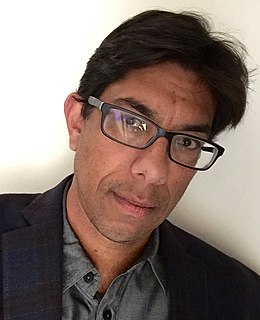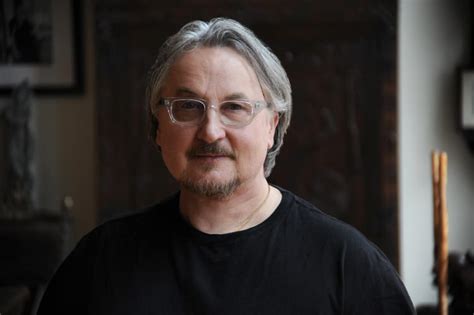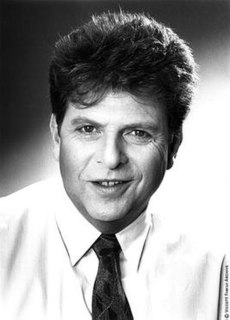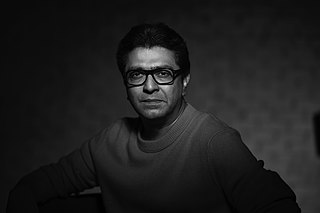A Quote by Russell Smith
I have argued about the future of fiction with jaded novelists, far-seeing postmodernists, technologists, television critics. The argument that future generations will not know the pleasures of the novel has been a staple of book reviewing since at least 1960.
Related Quotes
To be a science fiction writer you must be interested in the future and you must feel that the future will be different and hopefully better than the present. Although I know that most - that many science fiction writings have been anti-utopias. And the reason for that is that it's much easier and more exciting to write about a really nasty future than a - placid, peaceful one.
In the future, women will have breasts all over. In the future, it will be a relief to find a place without culture. In the future, plates of food will have names and titles. In the future, we will all drive standing up. In the future, love will be taught on television and by listening to pop songs.
Similarly, knowledge of the future was incompatible with free will. What made it possible for me to exercise freedom of choice also made it impossible for me to know the future. Conversely, now that I know the future, I would never act contrary to that future, including telling others what I know: those who know the future don't talk about it. Those who've read the Book of Ages never admit to it.
It may be something that future generations are more open to, but I am pretty confident that for the foreseeable future, using the argument of nondiscrimination, and "Let's get it right for the kids who are here right now," and giving them the best chance possible, is going to be a more persuasive argument.
As a kid, I didn't need to be convinced the future promised peril and oppression, so when I started thinking up the middle-grade science fiction novel that became 'The Boy at the End of the World,' it seemed only natural to build the story around a dark vision of the future. In my book, civilization has nearly destroyed itself.
I've always enjoyed stories that take place in the future but my one disappointment was that the future books described never came. We're not on other planets, there are no flying cars, and the only robots we have in our homes just sweep the floor. So I wanted to write about a future that I thought could really happen. People ask me when I tell them the title of the book, 'Are we all dead?' The good news is, no. We're still here. And I even think the future in my book is strangely hopeful, although I'm sure there will be people who strongly disagree.
We spend our whole lives worrying about the future, planning for the future, trying to predict the future, as if figuring it out will cushion the blow. But the future is always changing. The future is the home of our deepest fears and wildest hopes. But one thing is certain when it finally reveals itself. The future is never the way we imagined it.






































